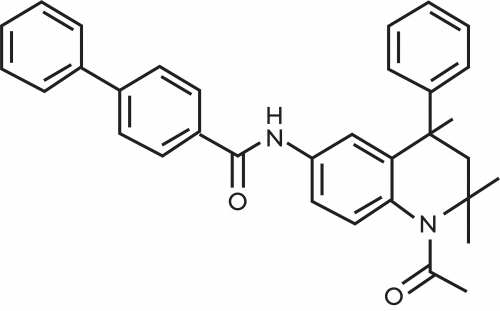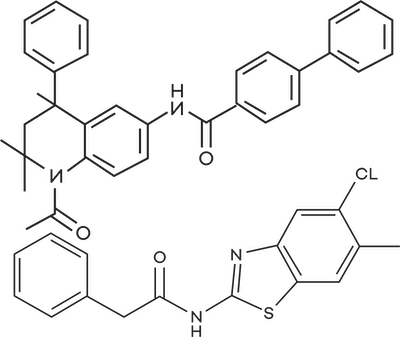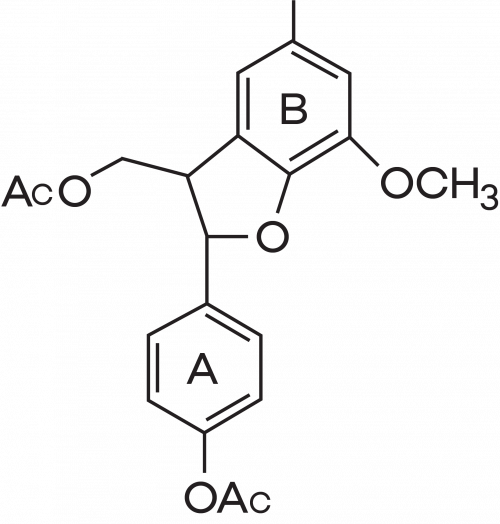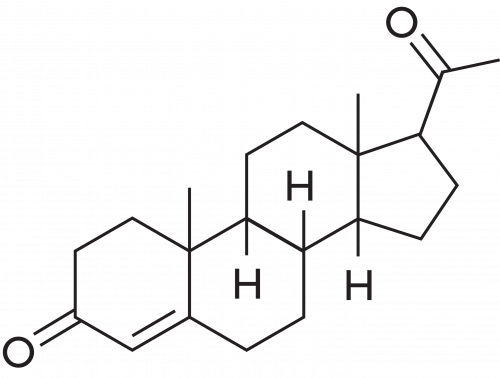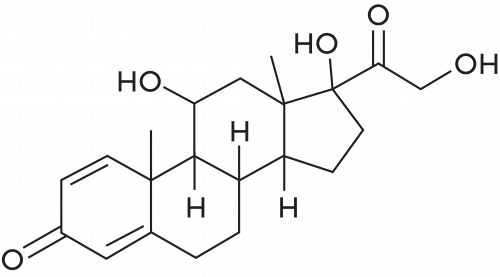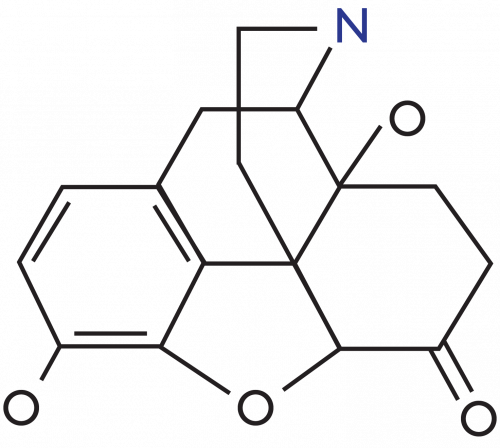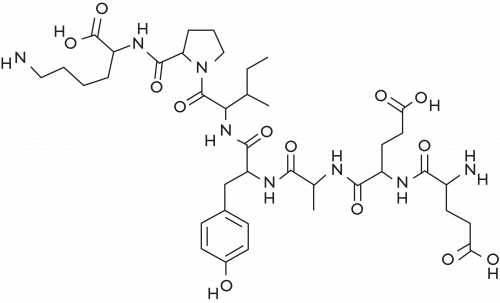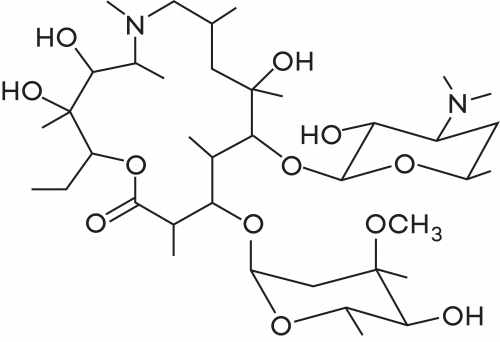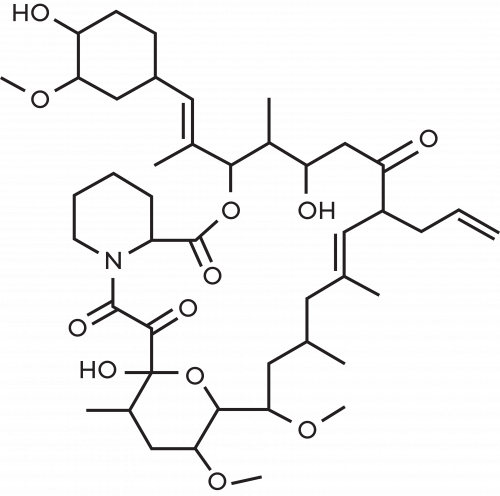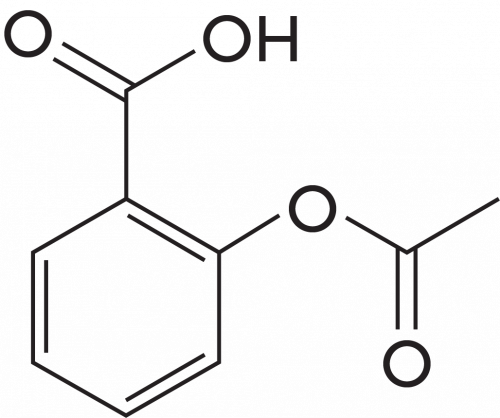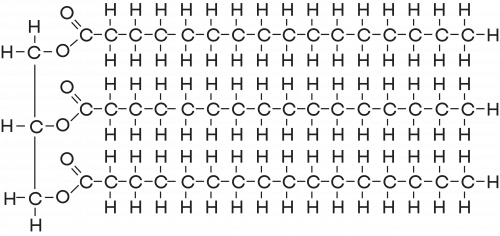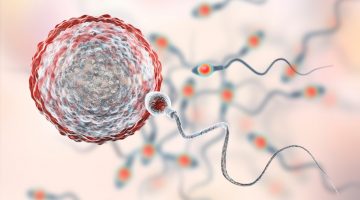Fertility Treatment Medications
Prescription medications are a regular and normal part of most fertility treatments including IUI and IVF. These medications are used to prepare the body for treatment, to increase the probability that an adequate number of healthy eggs will be released from the ovaries, and to improve your chances of establishing and maintaining a pregnancy.
Helping the Eggs Grow
For Ovarian Stimulation
Ovarian stimulation medications are used to help eggs grow and thus improve both the quantity and quality of eggs that reach maturity each month. Some do so a little, some do so a lot.
Clomiphine Citrate
Clomid is used to stimulate ovulation in women who have absent periods, infrequent periods, or long cycles. It works by increasing the amount of Follicle Stimulating Hormone (FSH) the pituitary gland secretes.
Generic: clomiphene citrate
Brand: Clomid, Serophene
Letrozole
Letrozole similarly works by increasing the amount of Follicle Stimulating Hormone or FSH the pituitary gland secretes. Typically prescribed for 3-6 days.
Generic: Letrozole
Brand: Femara
Follicle Stimulating Hormone
An injection is given just under the skin (subcutaneous injection) to directly stimulate follicle growth in the ovaries.
Under normal conditions, the brain talks to the ovaries, and the ovaries communicate with the brain. The brain sends out hormones, including follicle-stimulating hormone (FSH) from the pituitary gland, that travel through the bloodstream to the ovaries to make follicles grow. As the follicles grow, they produce estrogen, which circulates back to the brain to tell it that the follicles have been sufficiently stimulated.
This return signal naturally suppresses the production of additional FSH. However, If FSH levels can be increased in the blood, it can cause additional follicles to grow, which is ideally what we want to happen when we are performing an egg retrieval. Commonly referred to as controlled ovarian hyperstimulation, our goal is superovulation, which is the release of a greater than normal number of eggs.
Generic: Follicle Stimulating Hormone (FSH)
Brand: Gonal F, Follistim
Human Menopausal Gonadotropins (hMG)
An injection that contains equal parts of FSH and LH (luteinizing hormone), given to stimulate the ovaries to produce multiple eggs during one cycle.
LH and FSH act in conjunction on the cells that surround each egg, stimulating the follicles to grow and develop.
LH is naturally produced and released in the anterior pituitary gland. It is considered a gonadotrophic hormone because it helps control the function of the ovaries in women and the testes in men. In women, LH stimulates the ovaries to produce estradiol. Low levels of LH can be a cause of infertility, because insufficient LH will prevent ovulation.
Human menopausal gonadotropins work to trigger the release of LH and FSH in the body. This, in turn, stimulates ovulation. The acute rise of LH, also called the LH surge, about 14 days into a women’s cycle triggers the ovaries to release eggs during ovulation, the development of the corpus luteum, and the secretion of progesterone to prepare the endometrium for possible implantation and help to sustain pregnancy. hMG has also shown to improve egg quality.
Generic Name: Human Menopausal Gonadotropins (hMG)
Brand Names: Menopur
- *As a more affordable alternative to Menopur for self-pay patients, we can prescribe an hCG/LH Supplement to stimulate the ovaries.
Slowing the Leaders down
Preventing Premature Ovulation
During a stimulated cycle, the goal is to get most of the follicles to develop to about the same stage without the leading one ovulating. Follicles develop at different rates, so it is essential to prevent the most mature egg from releasing before some of the less developed eggs are ready for retrieval.
Cetrotide & Ganirelix
Subcutaneous injections administered for three to six days. They are referred to as GnRH antagonists or simply antagonists. GnRH antagonists compete directly with endogenous GnRH for receptor binding and therefore rapidly inhibit the secretion of Luteinizing Hormone (LH) to help prevent premature ovulation. Suppressing these hormone surges prevents ovulation from occurring until triggered by an hCG or Lupron trigger shot.
During a stimulated cycle, the goal is to get most of the follicles to develop to about the same stage without the leading one ovulating. Follicles develop at different rates, so it is essential to prevent the most mature egg from releasing before some of the less developed eggs are ready for retrieval. Using a GnRH antagonist allows us to instantaneously halt the secretion of LH in the body, thereby controlling the process of egg development and allowing us to retrieve the eggs at the best time to ensure your treatment has the greatest chance for success.
Generic: N/A
Brand: Cetrotide, Ganirelix
Final Maturation
Triggering Ovulation
A trigger medication is taken to spur the final states of oocyte maturation. In some cases we want the egg to truly be released from the ovaries, in other instances (for IVF) we want to take the egg out right before it’s released.
Leuprolide Acetate
In a small percentage of cases, the hCG trigger shot given just prior to egg retrieval to trigger ovulation and the maturation of eggs in the follicles can cause Ovarian Hyperstimulation Syndrome (OHSS), in part because the hCG lingers in the body for up to 10 days and continues to support further hormone production in the ovaries.
In order to completely eliminate the risk of OHSS, we often use a Lupron Trigger or GnRH agonist trigger instead of the hCG trigger. With a GnRH antagonist stimulation protocol, the pituitary gland is not “down-regulated” and can therefore be stimulated to produce a large surge of LH by giving a Lupron injection, allowing us to use Lupron as the ovulation trigger. The resulting LH surge is adequate enough to induce maturation of the eggs for retrieval, but short-lived enough not to create the risk of OHSS. Lupron is cleared from the body relatively quickly so the ovaries are not hyper stimulated.
Lupron is usually the recommended protocol for anyone at risk for OHSS, including women with a history of OHSS, PCOS, or high follicle counts on ultrasounds. Use of Lupron is typically followed with hormonal support. Estrogen and progesterone are usually started the day after egg retrieval
Generic: Leuprolide Acetate
Brand: Lupron
Human Chorionic Gonadotropin (hCG)
Subcutaneous injections used to trigger ovulation. An hCG trigger shot is a dose of the hormone human chorionic gonadotropin, which normally is produced by the body after implantation of a fertilized egg into the uterine lining. The trigger shot helps with follicle maturation and triggers the release of mature eggs from the follicle. If you are having IUI or timed intercourse, it will be scheduled 12-36 hours after the trigger shot so that the egg will be viable for 12 to 24 hours.
Generic Name: Synthetic Human Chorionic Gonadotropin (hCG)
Brand Names: Pregnyl, Profasi, Novarel, Ovidrel
Implantation
Progesterone
Progesterone is needed to prepare the lining of the uterus so it can receive a fertilized egg. Progesterone helps you become and stay pregnant. This medication is used to increase the level of progesterone in women undergoing fertility treatment because these treatments can decrease progesterone levels. Endometrin is administered via a vaginal suppository prior to pregnancy and is usually continued for up to 12 weeks after pregnancy is achieved.
Progesterone may also be administered intramuscularly as an injection of progesterone in oil. Injections usually begin the day after egg retrieval (if doing IVF) or 3 days after IUI. Oil shots will continue until at least the pregnancy test and generally until the 10th or 12th week of pregnancy.
Generic: progesterone
Brand Names: Endometrin, Crinone, Prometrium
Estrogen
Estrogen is commonly prescribed for women undergoing IVF as a way to help maintain the endometrial lining of the uterus. Estrogen supplements help your endometrium grow and prepare for a pregnancy. May be taken vaginally or orally. It is the same pill, just given in a different manner.
Generic Name: Estradiol
Brand Name: Estrace
Oocyte and Implantation Enhancement
Prednisolone
Prednisolone is a synthetic hormone that helps suppress immune responses. Its anti-inflammatory and immuno-suppressive abilities can treat a range of conditions, including allergies, blood disorders, respiratory problems, and skin problems, along with fertility issues. It is a corticosteroid that is sometimes prescribed to women with recurrent miscarriage and/or elevated natural killer (NK) cells. It’s also given to men to reduce the production of anti-sperm antibodies. Prednisolone is used for relatively short periods of time. Patients with elevated NK levels or a history of implantation failure after fertility treatments may start taking it when they start their stimulation medication.
Generic Name: prednisolone
Brand Name: Prednisone
Low Dose Naltrexone (LDN)
In lower doses, naltrexone causes a very mild blockage of endorphin receptors throughout the body. The brief blockage every night appears to be enough to affect a prolonged change in many aspects of the immune system and increases the body’s ability to heal itself, the mechanism for which we do not entirely understand. LDN makes the immune system begin working at optimum levels again which includes the correction of the many imbalances which plague our body. Studies have also helped to uncover some relationships between the immune system, the hormonal imbalance of the body and the problems experienced by women with PCOS and infertility in general.
In the treatment of infertility, the goal is to stop any process in the body where the immune system is attacking its own tissues, which could hinder the fertility process, thereby improving one’s ability to get (and stay) pregnant.
Patients who are prescribed LDN typically begin taking 1.5 mg – 4.5 mg by mouth once daily at bedtime. It is recommended that patients take LDN prior to beginning a cycle and continue, when recommended, throughout pregnancy. It will be temporarily stopped 4 days before oocyte retrieval and resumed the following day.
- Generic Name: Low Dose Naltrexone (LDN) or naltrexone
- Brand Names: Vivitrol; Revia
Human Growth hormone
This subcutaneous injection is often recommended when a woman has responded poorly to treatment, is Human Growth Hormone deficient, or the sensitivity of her ovaries to stimulation by gonadotropin is decreased. It has been found to help women with poor ovarian reserve testing (e.g., increased FSH, low AMH) and is believed to help with oocyte maturation and improved egg quality.
- Generic Name: somatropin
- Brand Name: Omnitrope
Antibiotics
An oral antibiotic such as Z-pack is prescribed at the beginning of each cycle to attempt to eradicate bacteria that may interfere with conception or potentially cause miscarriage. Cleocin is often prescribed a few days before retrieval or transfer to target other types of bacteria in the vagina. IV antibiotics are used to decrease the risk of infection after aspiration of the follicles during egg retrieval.
Prograf
Prograf is an immunosuppressant originally created as an anti-rejection drug for organ transplant recipients. Because the immune system is believed to play a role in infertility, Prograf is prescribed to women with a history of recurrent pregnancy loss or implantation failure.
Generic Name: tacrolimus
Brand Name: Prograf
Neupogen
Neupogen increases white cells thereby suppressing the immune system so it does not attack the embryo. For women with autoimmune disorder or PCOS, it can temporarily shut down the immune systems. It can be used as an injection or a wash for the uterus.
Generic Name: filgrastim
Common Brand Name: Neupogen
Anticoagulants
Low-dose aspirin (81mg) treatment has been shown to improve ovarian responsiveness, uterine and ovarian blood flow velocity, implantation, and pregnancy rates in patients undergoing IVF. Typically prescribed in conjunction with Heparin or Lovenox, it can help reduce the risk of miscarriage, particularly in women with blood disorders, and lower the risk of developing pre-eclampsia and high blood pressure during pregnancy.
Lovenox
Lovenox is an anticoagulant injection that helps prevent blood clotting and is usually started several days before embryo transfer. It can be prescribed in cases of recurrent miscarriage or where there’s a known blood-clotting disorder. It can also help when there’s considerable risk blood might thicken, which can happen when high doses of estrogen are used in certain fertility treatments.
Generic Name: Enoxaparin, Heparin
Brand Names: Lovenox, Heparin Sodium
hCG Wash
In order to create a “sticky” uterus, some women are recommended to have an HCG wash just prior to embryo transfer. It is believed to improve IVF results. In IVF, HCG is absent in the uterus because the embryos are in a dish, not in the fallopian tube triggering HCG production. There is evidence placing HCG into the endometrium improves the response of the endometrium to the embryo so it is “ready” at the time of transfer. This is a uterine infusion.
Intralipid Therapy
Some types of infertility may be caused by a slightly overactive immune system. When this occurs, the immune system can attack egg, sperm, embryo and even a developing fetus. This can result in difficulty achieving pregnancy, maintaining the pregnancy, or repeated miscarriages.
Intralipids have been shown to lower the activity of the natural killer cells component of our immune system. Intralipids are administered via an IV infusion of 20-30 minutes in duration and require that you are not allergic to soy, egg, or peanut products and also do not have a history of high cholesterol or liver disease.
IVIG
IVIG therapy is recommended for fertility patients who have recurrent implantation failure or recurrent pregnancy loss. IVIG therapy is thought to repress a woman’s immune system, which may be attacking the embryo or fetus, mistaking it for a foreign body. IVIG is made up of human antibodies, derived from washed and processed donor blood. It is not clear exactly how IVIG works, but studies suggest that it may reduce the number of natural killer (NK) cells in the body, and/or may absorb or block a woman’s antibodies, which are causing the body to attack the pregnancy.
Women who have tested positive for natural killer cells and have experienced multiple miscarriages or implantation failures, may opt for the use of IVIG therapy to increase their chance of conceiving and carrying a pregnancy to term.
During a treatment session, IVIG is introduced to the body very slowly through an intravenous drip in the arm, possibly taking several hours. It is recommended that IVIG be administered prior to embryo transfer, and then two additional times following a positive pregnancy test.


